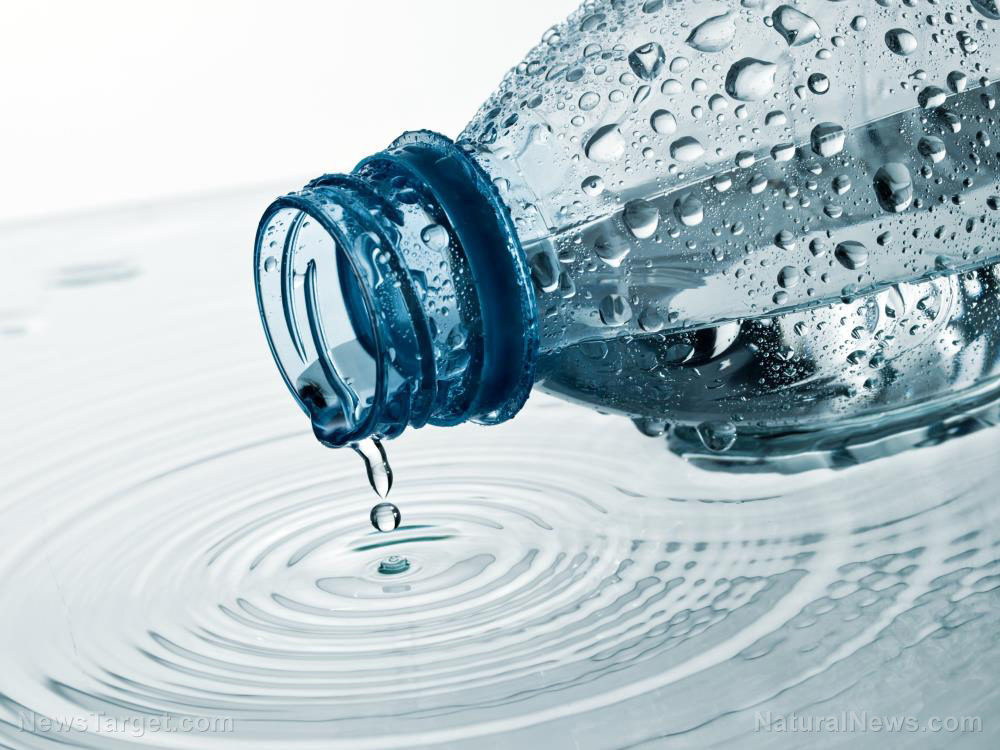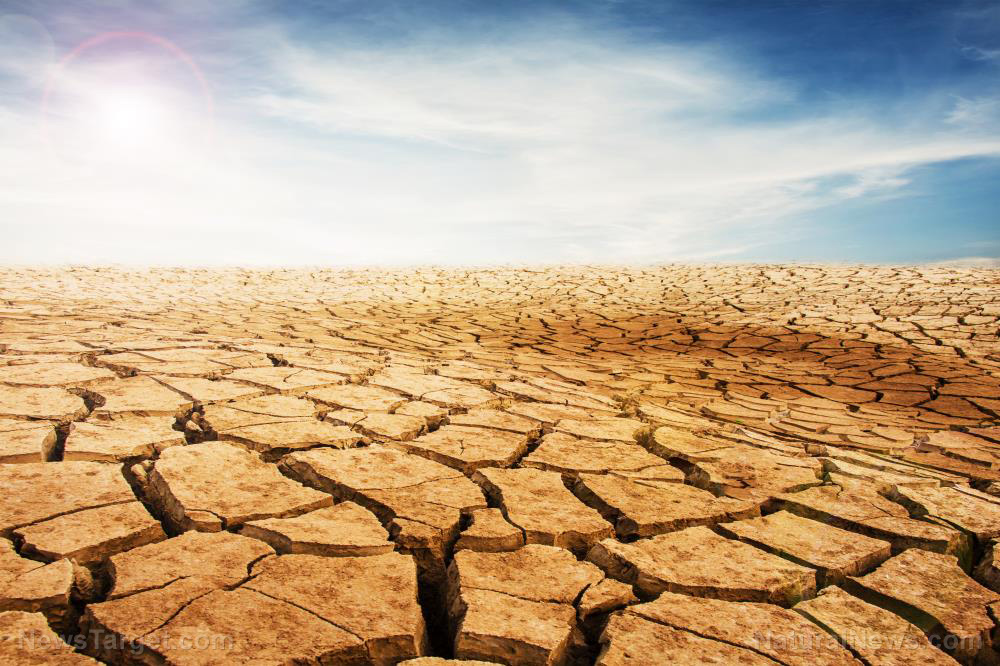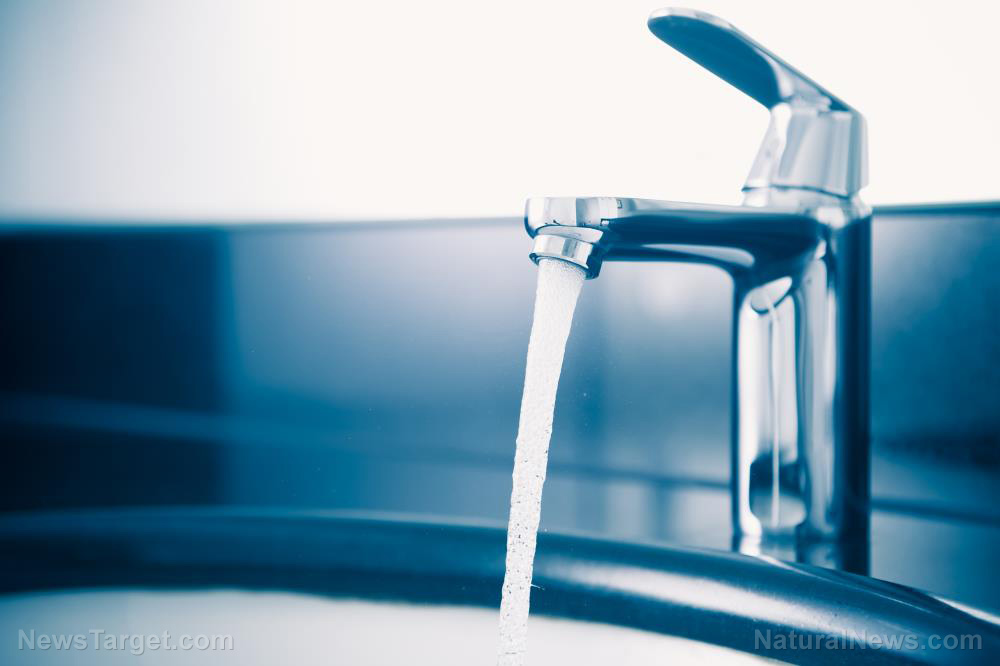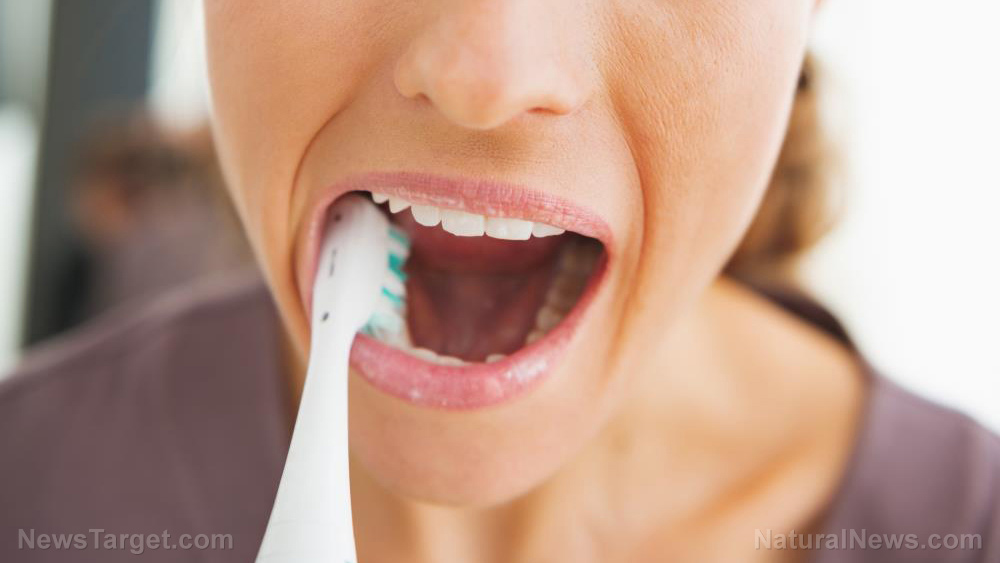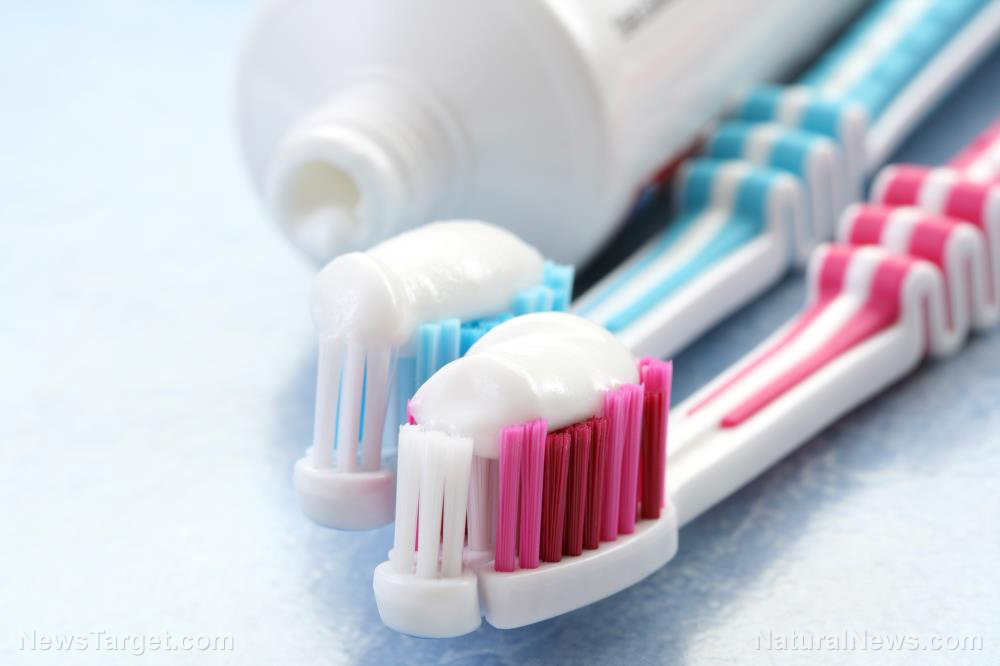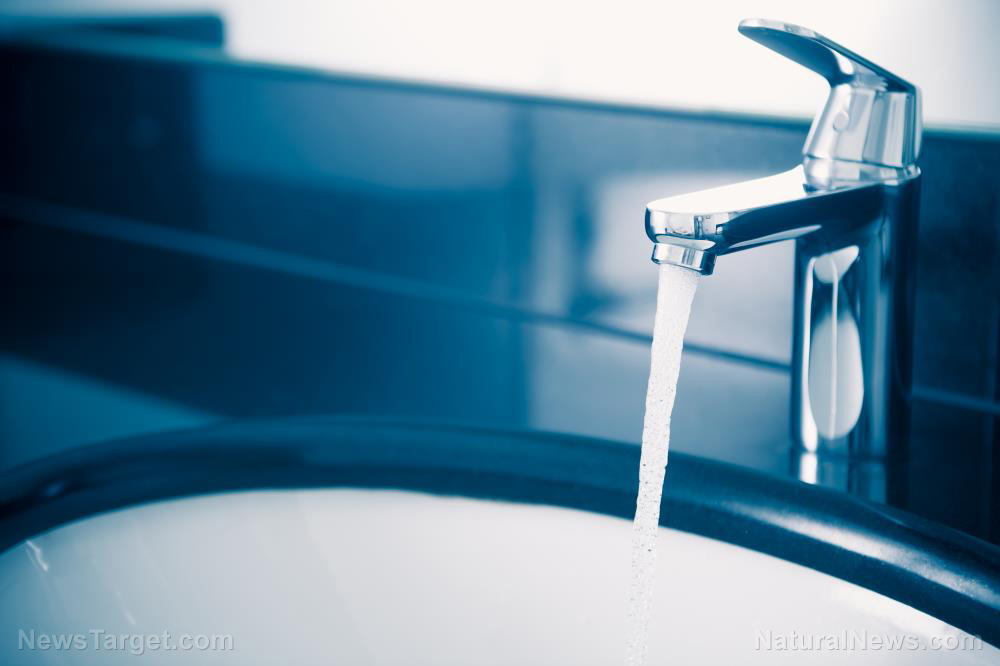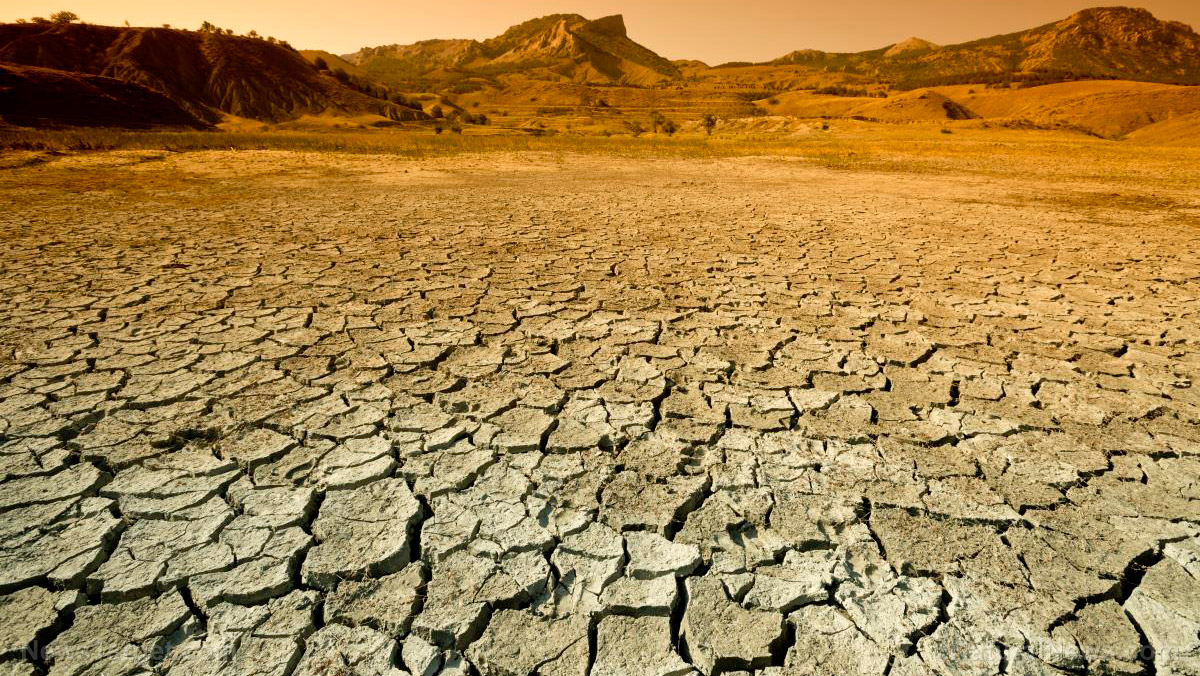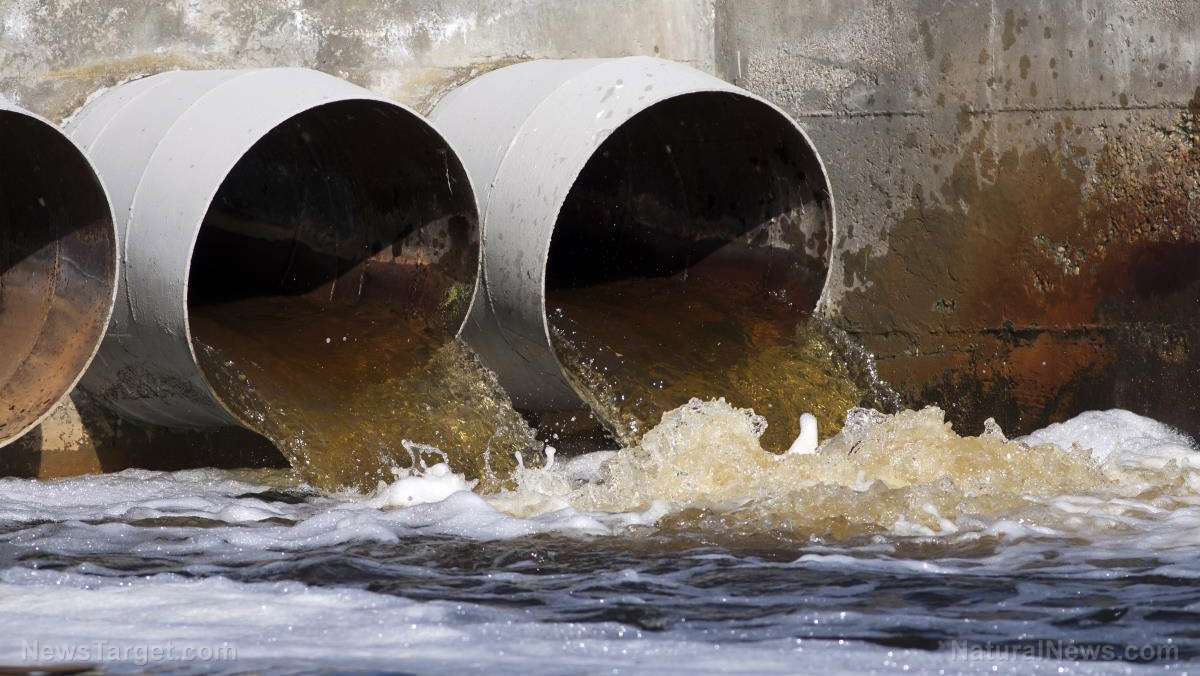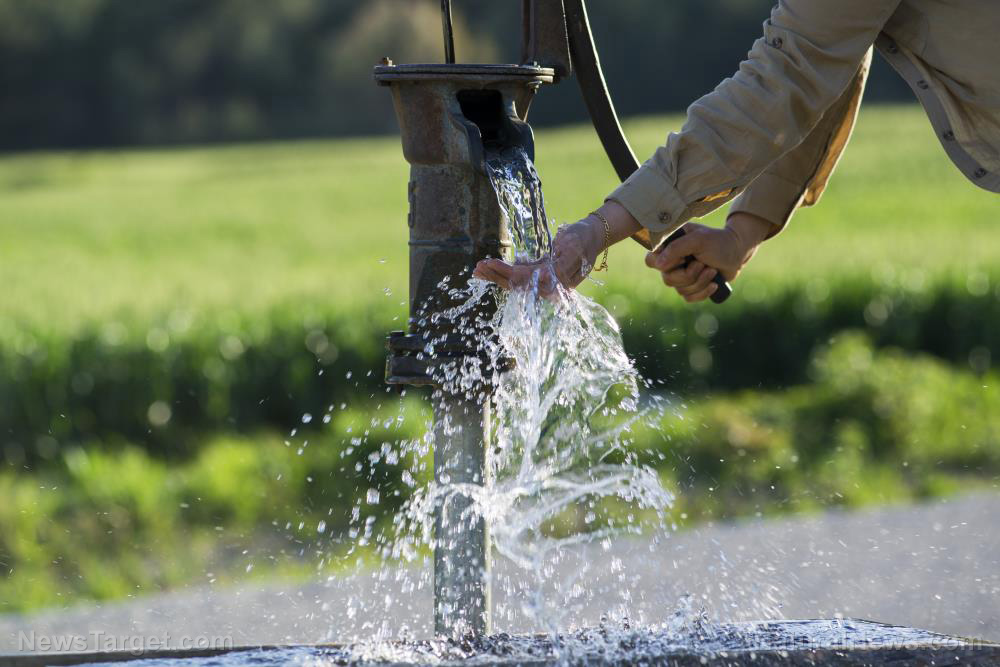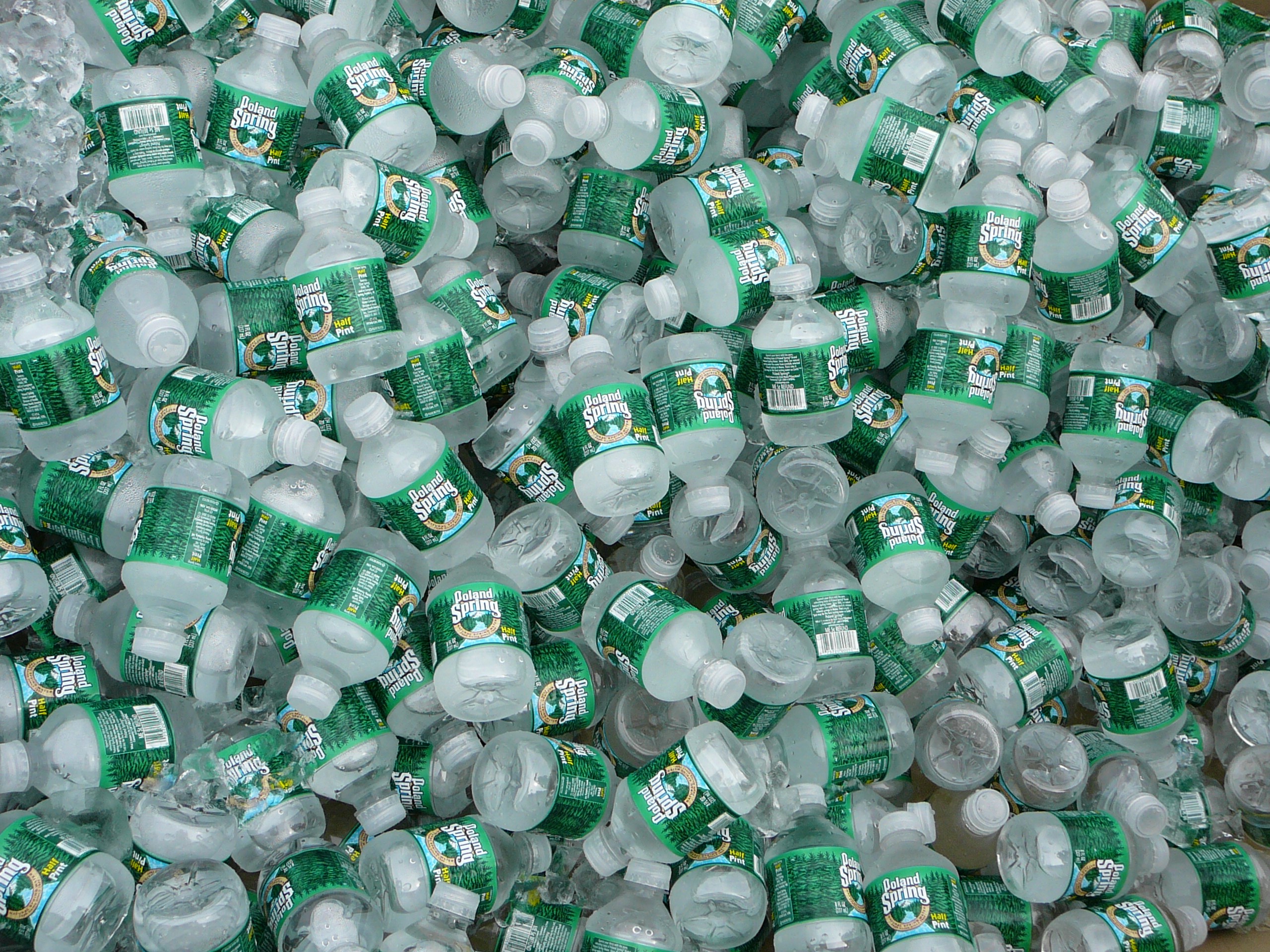Is Any Water Better for You Than Tap?
01/11/2016 / By hydrogenwatersnews

Water, water, everywhere — but what to drink? A class of fancy waters has existed since at least 1868, when Perrier was introduced to the market. But shaming people for drinking plain tap water is easier than ever thanks to the rise of “fat” water, hydrogen-rich water, and other new H20-based products, all of which claim beauty and hydration benefits beyond what the New York City Water Department can offer.
(Article by Kathleen Hou, republished from http://nymag.com/thecut/2015/12/tap-water-vs-bottled-water-fancy-waters.html#)
While we all know that moisture is the essence of wetness and wetness is the essence of beauty, can certain types of water make you more beautiful and healthy? To find out, the Cut spoke with several nutritionists and a doctor to better understand the benefits (if any) of upgrading beyond tap.
Mineral Water
The hype: The minerals include nutrients that your body needs.
The truth: It depends. Beth Glace, a sports nutritionist at the Nicholas Institute of Sports Medicine and Athletic Trauma at Lenox Hill Hospital, explains that a liter of European bottled water can contain 20 to 58 percent of your daily recommended intake for calcium. But she warns that highly mineralized water can also include an undesired amount of sodium, so check the label. Also, “most of us get our essential minerals from other dietary sources,” says Brenda Davy, Ph.D., R.D., and a professor in the department of human nutrition, foods, and exercise at Virginia Tech. In other words, French mineral water probably won’t be bad for you, but you don’t need it — even a Chipotle burrito contains a minimal amount of calcium.
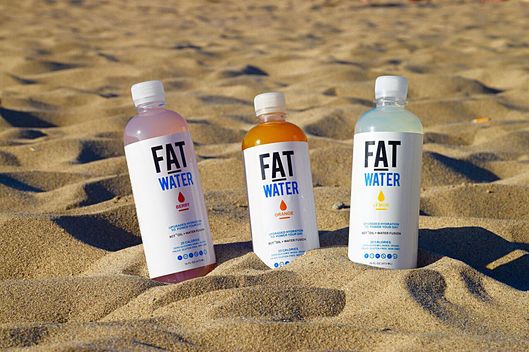
The hype: This superwater is by Dave Asprey, the man responsible for the Bulletproof Coffee trend that had Shailene Woodley putting butter in her coffee. It mixes Bulletproof XCT Oil with purified water, and Aspreyclaims it can “bring the water into the cells more effectively,” helping you burn fat faster and hydrate better.
The truth: Marie-Pierre St-Onge, Ph.D., an assistant professor at Columbia University’s Institute of Human Nutrition, explains that FATWater is created by immersing medium-chain triglycerides into the liquid. Although St-Onge has done a study indicating that 15 grams or more of medium-chain triglycerides can raise your energy expenditure and burn more fat, she cautions that the amount of fat in FATWater is actually not enough. “We’ve used 18 to 24 grams in our study — I can’t speak to diets that provide much less than that.”
As for its alleged hydration benefits, St-Onge says, “Water is not something you need to actively transport. It gets absorbed by itself, especially as fat doesn’t immerse in water.”
While she doesn’t think drinking FATwater will make you fatter, she adds, “If you’re trying to control your weight, taking in extra calories is counterintuitive.”
The hype: Middle-school science class taught us that two hydrogen atoms bind to an oxygen atom to create water. But “hydrogen-rich” waterpurportedly binds smaller and more soluble molecular hydrogen gas to oxygen, allegedly enabling water to better reach the cell’s power centers, a.k.a. mitochondria. “The theory is that hydrogen can serve as a powerful anti-oxidant, reducing the destructive effect of free radicals in the body,” says Glace. But it doesn’t speak well of “hydrogen-rich” water that the second-most popular Google keyword following it is “hoax.”
The truth: Davy flatly states, “I am not aware of any valid human studies which have demonstrated a clear and important health benefit of ‘fancy’ waters, such as hydrogen-rich water.”
But Dr. Gina Sam, M.D., M.P.H., and director of the Gastrointestinal Motility Center at Mount Sinai Hospital, points out one study with hydrogen-rich water in which participants showed a slight increase in HDL or positive cholesterol, while cautioning that the study was too small to draw effective conclusions. Glace calls the evidence of effective use in a wide, mostly healthy population “scant.” “While free radicals can have negative health consequences, they are also used to fight infections and cancer so you don’t want overly high levels of antioxidants,” she says. Conclusion: You probably don’t need be drinking the hydrogen one percent of waters.
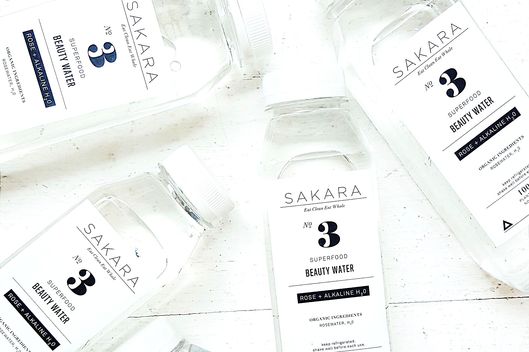
“Wetter” Water
The hype: Water containing silica, which allegedly makes water “wetter” and provides “deep cellular hydration.”
The truth: Experts were confused about the “wetter water” concept. Glace said, “Silica is not considered a dietary electrolyte. There is very little credible evidence to support the claim that silica hydrates cells.” Davy added, “I’m not aware of any valid research demonstrating important health benefits of silica water in humans. And as for water being wetter, I am unfamiliar with this concept.” Although Dr. Sam said there have been some controversial studies showing that there could be a slight tie between silica and the reduction of Alzheimer’s disease, she thinks more scientific data is needed. Water is as wet as it’s ever going to be.
Electrolyte Water
The hype: Electrolyte water isn’t new, but it certainly belongs in the “water, but better” lineup. When you sweat, you lose electrolytes, which are various ions such as sodium, potassium, and chloride that help with balancing the makeup of our bodies. Electrolyte water claims to give you those back, although some people worry that it can cause bloating.
The truth: Electrolyte water is only truly necessary for athletes who lose a lot of fluid. (Do a lot of Barry’s Bootcamp? You don’t need it. Work as a Barry’s Bootcamp instructor? Then it might be for you.) Glace says, “The best bet for obtaining a good balance of electrolytes, such as calcium and potassium, is probably a healthy diet.”
Davy adds, “It is probably not necessary for most of us who do more typical levels of physical activity.” She also explains the bloating legend: “Sodium is an electrolyte, and high levels of sodium intake can cause fluid retention, which can feel like bloating.” So check the label on your electrolyte waters if you don’t want to feel inflated after drinking.
Alkaline Water
The hype: We usually talk about ordinary water having a neutral pH of 7. Alkaline water is allegedly less acidic than that, with a pH above 7. Those who strongly believe in alkaline water (often supporters of the alkaline diet) think that too much acid in your body can cause acid reflux, as well as other health problems.
The truth: Glace clarifies that drinking-water pH can actually widely vary — it’s not always 7. “The EPA considers a pH of 6.5 to 8.5 to be acceptable.” But as Dr. Sam and other experts have indicated before, the body has its own mechanism for buffering alkalinity. Glace reiterates that ingested foods enter the acidic environment of the stomach to be digested. “Our blood pH is very tightly controlled between 7.35 and 7.45 [slightly alkaline], and we are well-equipped to keep it that way.”
While Davy says that some athletes use alkaline compounds like ergogenic acids to enhance their performance by “buffering” the acidic compounds produced by exercise, it is not recommended. Both agree that there is little evidence showing that alkalinized water provides health benefits. You can stick to your neutral-ish water.
Tap
The hype: It’s free!
The truth: If you live in a country with clean drinking water, tap water is good for you. The main difference between tap and other fancy waters is additional mineral content. Glace even says, “In the U.S., tap water tends to have more minerals than spring water.” But as this study shows, New York City water has lower amounts of minerals compared to other regions. Still, our experts say it’s pretty easy to make up for the lack of minerals with a balanced diet.
So are any of these waters actually worth it? Experts seem to agree: Provided you aren’t drinking fancy waters in abundance, the only thing you are hurting is your wallet as you literally pee away money.
The best type of water to drink is water that you enjoy drinking. Whether it’s tap, carbonated, pronounced with an accent, or infused with goji-berry flavoring, for water to have beneficial effects on the body, you need to consume it.
As for how much to drink, it varies. Davy says, “A general rule of thumb is that for every calorie you need, you also need one milliliter of fluid.” Glace suggests, ”Weigh yourself before your workout, and then again afterwards. For each pound you lost via sweating, you’ll need to drink at least two cups of liquid in the next few hours to restore hydration.”
Delightfully, Glace also suggests that after a hard workout, a good workout recovery drink is milk or chocolate milk because it has great proteins and carbs. “Drink a cup or two of milk, and then satisfy thirst with water or sports drinks in the next few hours after working out,” she says. Here’s to the day when SoulCycle will stock Organic Valley chocolate milk instead ofSmartwater at its studios.
Read more at http://nymag.com/thecut/2015/12/tap-water-vs-bottled-water-fancy-waters.html#
Submit a correction >>
Tagged Under:
This article may contain statements that reflect the opinion of the author
RECENT NEWS & ARTICLES
TapWater.News is a fact-based public education website published by Tap Water News Features, LLC.
All content copyright © 2018 by Tap Water News Features, LLC.
Contact Us with Tips or Corrections
All trademarks, registered trademarks and servicemarks mentioned on this site are the property of their respective owners.

